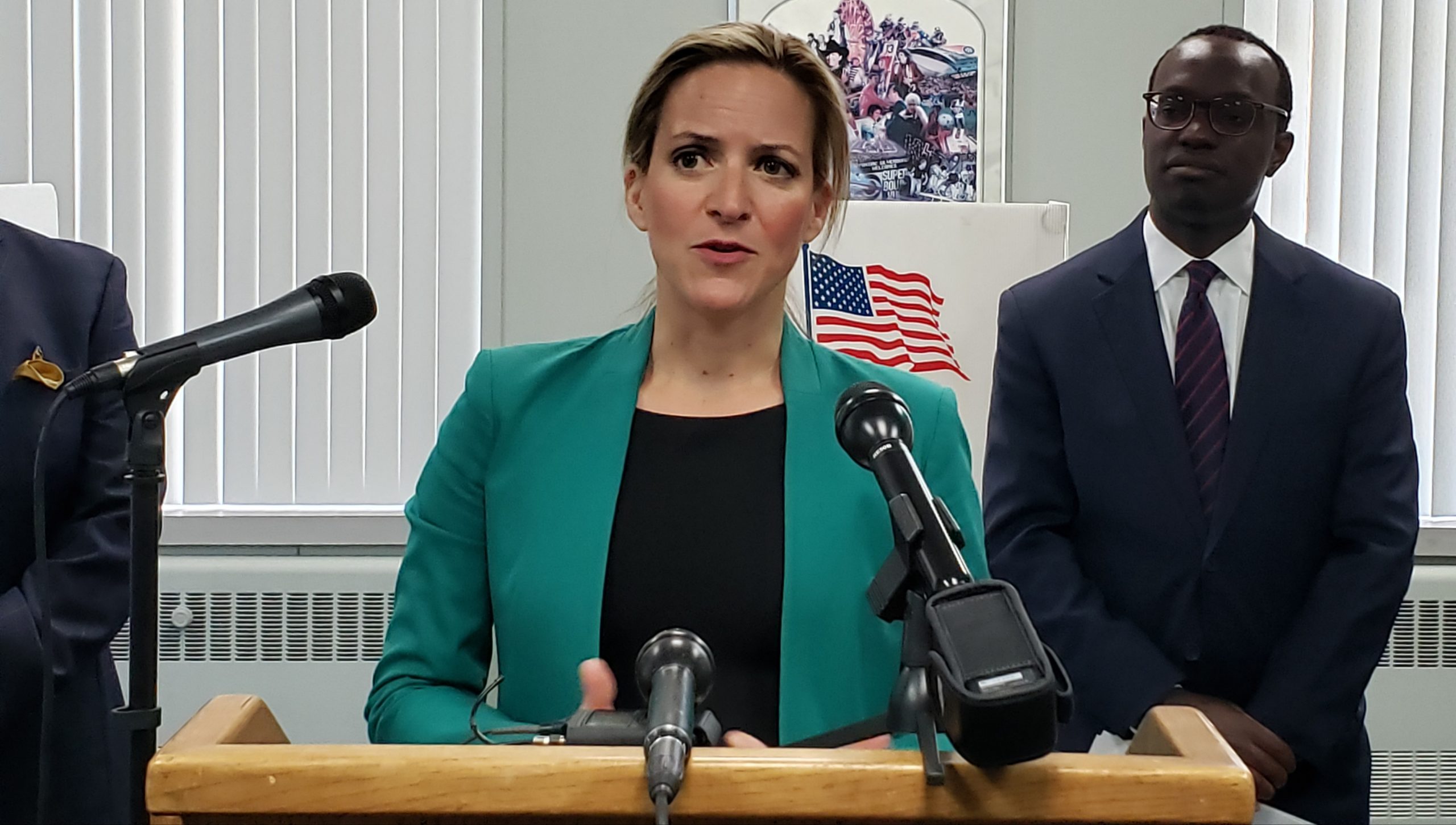G7 Finance Chiefs Face Trump Tariff Showdown: Can Allies Unite?

G7 Finance Ministers Brace for Tense Talks Amid Trump's Tariff Threats
Top financial officials from the world's wealthiest nations are converging in a picturesque Canadian mountain resort this week for the G7 finance ministers' summit. However, the stunning backdrop belies a potentially fraught atmosphere, largely due to escalating tensions surrounding President Donald Trump's increasingly aggressive trade policies, specifically his proposed tariffs.
The summit, traditionally a forum for collaborative discussion and coordinated economic strategy, now finds itself at the centre of a brewing trade war. Trump’s recent imposition of tariffs on steel and aluminium, and threats of further tariffs on a wide range of goods, have sent shockwaves through the global economy and strained relationships with key allies – including Canada, the European Union, and Japan.
Key Concerns and Potential Flashpoints
The primary concern for G7 leaders will be mitigating the potential damage to the global economy caused by escalating trade barriers. Economists warn that a full-blown trade war could stifle growth, disrupt supply chains, and ultimately harm consumers worldwide. Several key areas are likely to dominate the discussions:
- Steel and Aluminium Tariffs: The initial tariffs on steel and aluminium, while partially rolled back for some countries, remain a point of contention. Allies are keen to understand the US’s long-term intentions and to explore potential exemptions or adjustments.
- Automotive Tariffs: Trump has repeatedly threatened tariffs on imported cars, particularly from Europe. This is a major source of anxiety for European automakers and could trigger retaliatory measures.
- China’s Trade Practices: While the focus is on US tariffs, the summit will also likely address concerns about China's unfair trade practices, including intellectual property theft and state-sponsored industrial subsidies. The G7 nations are seeking a united front to pressure China to level the playing field.
Can Allies Find Common Ground?
The challenge for G7 finance ministers is to navigate these complex issues and find common ground. While disagreements over trade policy are inevitable, a breakdown in transatlantic and international cooperation could have severe consequences. Several possible scenarios are on the table:
- Diplomatic Efforts: Officials may attempt to engage in direct dialogue with the US administration to address concerns and explore potential compromises.
- WTO Dispute Resolution: Allies could challenge US tariffs through the World Trade Organization (WTO), although this process can be lengthy and uncertain.
- Targeted Retaliation: Some countries may choose to impose retaliatory tariffs on US goods, although this could escalate the trade war and harm their own economies.
The Importance of Unity
Ultimately, the success of the G7 summit will depend on the willingness of allies to present a united front. A coordinated response to Trump’s trade policies could send a strong signal to the US administration and potentially avert a damaging trade war. However, achieving consensus among such diverse economies with differing interests will be a significant challenge. The coming days will be crucial in determining the future of global trade and the strength of international cooperation.
The world is watching to see if the G7 can rise to the occasion and demonstrate its commitment to a rules-based international trading system, or if the summit will be remembered as a turning point towards a more fragmented and protectionist global economy.






